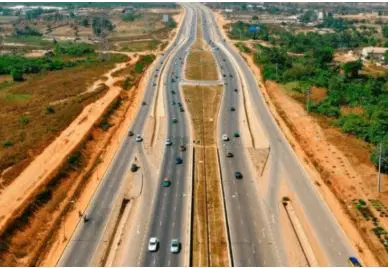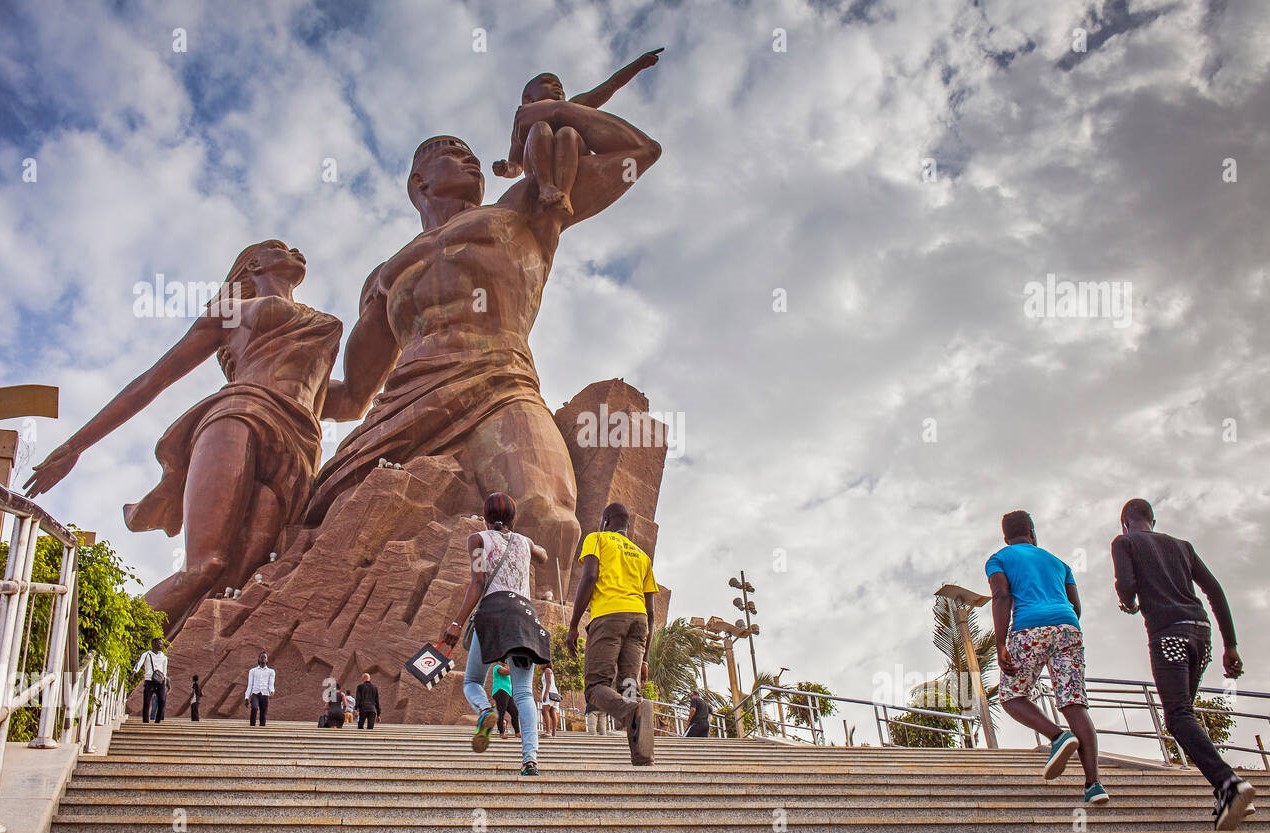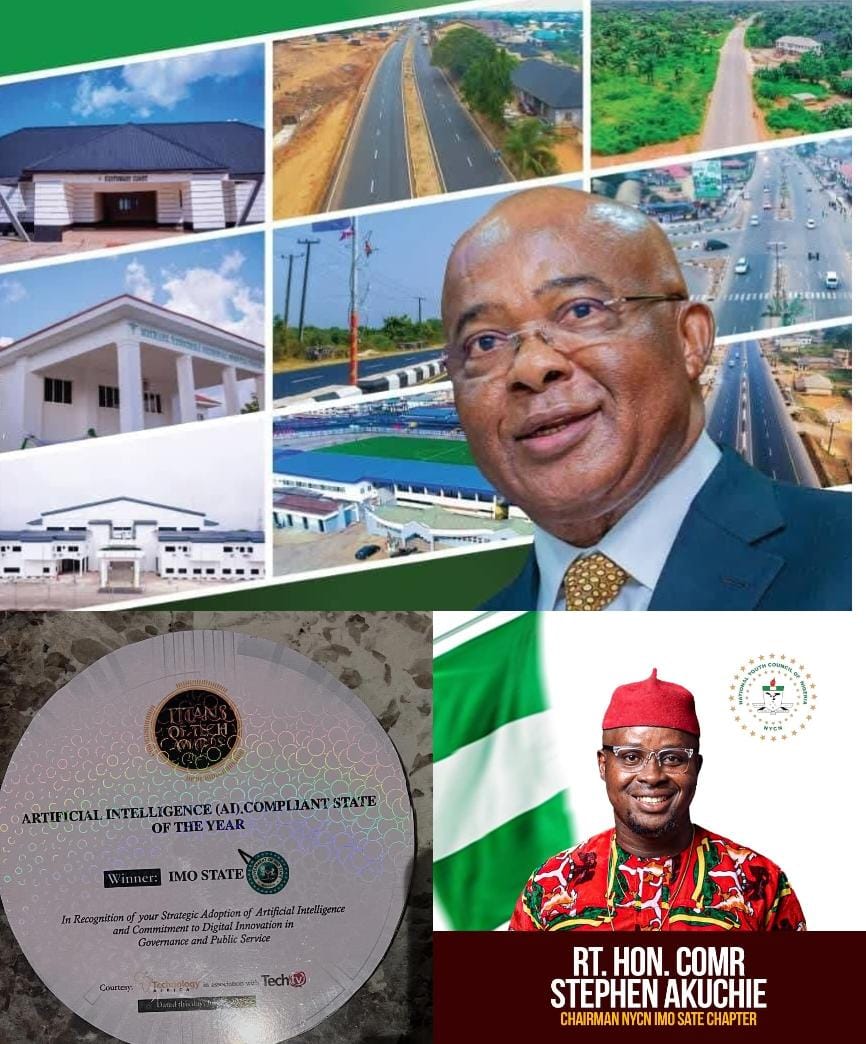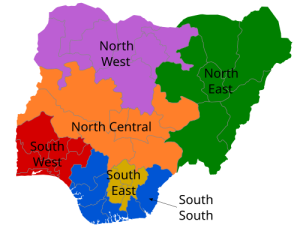Reimagining Nigeria’s Development Beyond Infrastructure

Reimagining National Development: Beyond Roads to Minds and Morals
By Baba Isimi FNIA
Nigeria’s development narrative remains fixated on physical infrastructure: roads, bridges, and gleaming new projects that dominate headlines. Yet true progress demands something far deeper: a recalibration of national priorities to cultivate human capital, institutional integrity, and shared ethical purpose. While visible infrastructure has its place, sustainable advancement hinges on education that empowers, governance that inspires trust, and a national ethos aligned with higher ideals. Here, institutions like the National Orientation Agency (NOA) must evolve from symbolic entities into crucial governance transformative forces reshaping Nigeria’s consciousness.
The disparity between Nigeria’s infrastructure ambitions and its human development realities is stark. Despite billions spent on concrete, 37% of children completing primary school lack basic literacy, universities produce graduates unskilled for the digital economy, and public skepticism toward institutions deepens. Contrast this with nations like Rwanda and Vietnam, where education reform, civic responsibility, and institutional credibility propelled development. Rwanda’s emphasis on national unity and Vietnam’s focus on technical education underscore a truth Nigeria must confront: development begins in the mind before manifesting in brick and mortar.
The NOA, tasked with fostering patriotism and ethical values, has been underutilized. Its mandate should expand beyond sporadic campaigns to embedding a culture of critical inquiry, accountability, and innovation. This requires reforming education to prioritize problem-solving over rote learning, partnering with anti-corruption bodies to make transparency a societal norm, and redefining success metrics tracking patents per capita or student reasoning skills rather than kilometers of asphalt. Grassroots engagement through media, community dialogues, and civic education can shift public expectations from ribbon-cutting ceremonies to enduring institutional performance.
Change starts with action.
We can begin by testing reforms in a few states by rewarding teachers based on student performance, creating open platforms to monitor school budgets, and adding ethics training to skills programs. Once these measures prove effective, they should expand nationwide, with funding tied to real results for people, not just flashy projects for politicians.
True national development will never be defined by infrastructure alone, but by how it transforms lives: families sustained by quality jobs, communities secured by peace, children empowered by functional schools, and citizens protected by accessible healthcare, affordable housing, and clean environments. These are the metrics that matter, the ones that prove a government’s capacity to resolve the socioeconomic and political challenges undermining wellbeing.
But such progress cannot emerge from concrete and steel alone. It springs from wiser policies, a skilled and adaptable workforce, and institutions that earn public trust. This is where the revitalized National Orientation Agency becomes pivotal: not just as a messenger, but as a architect of national consciousness. Roads may connect cities, but only transformed minds and renewed morals can build a truly great nation.
Baba Isimi FNIA writes from Abuja and is a member of the National Integration Group








